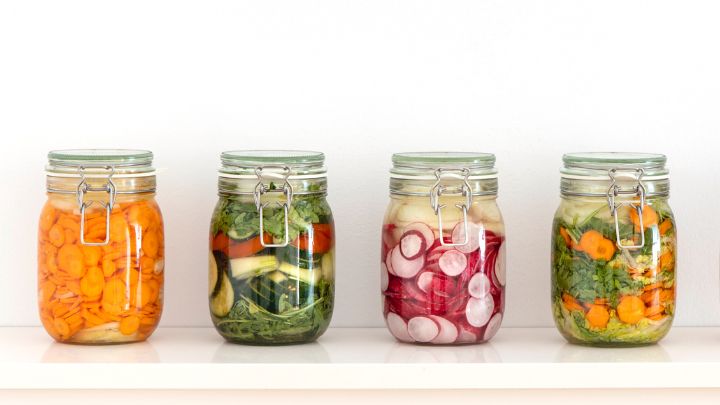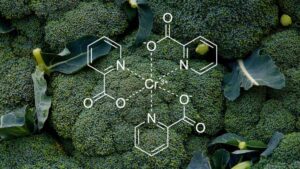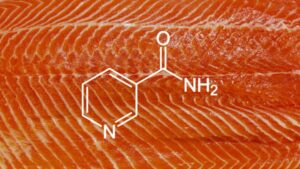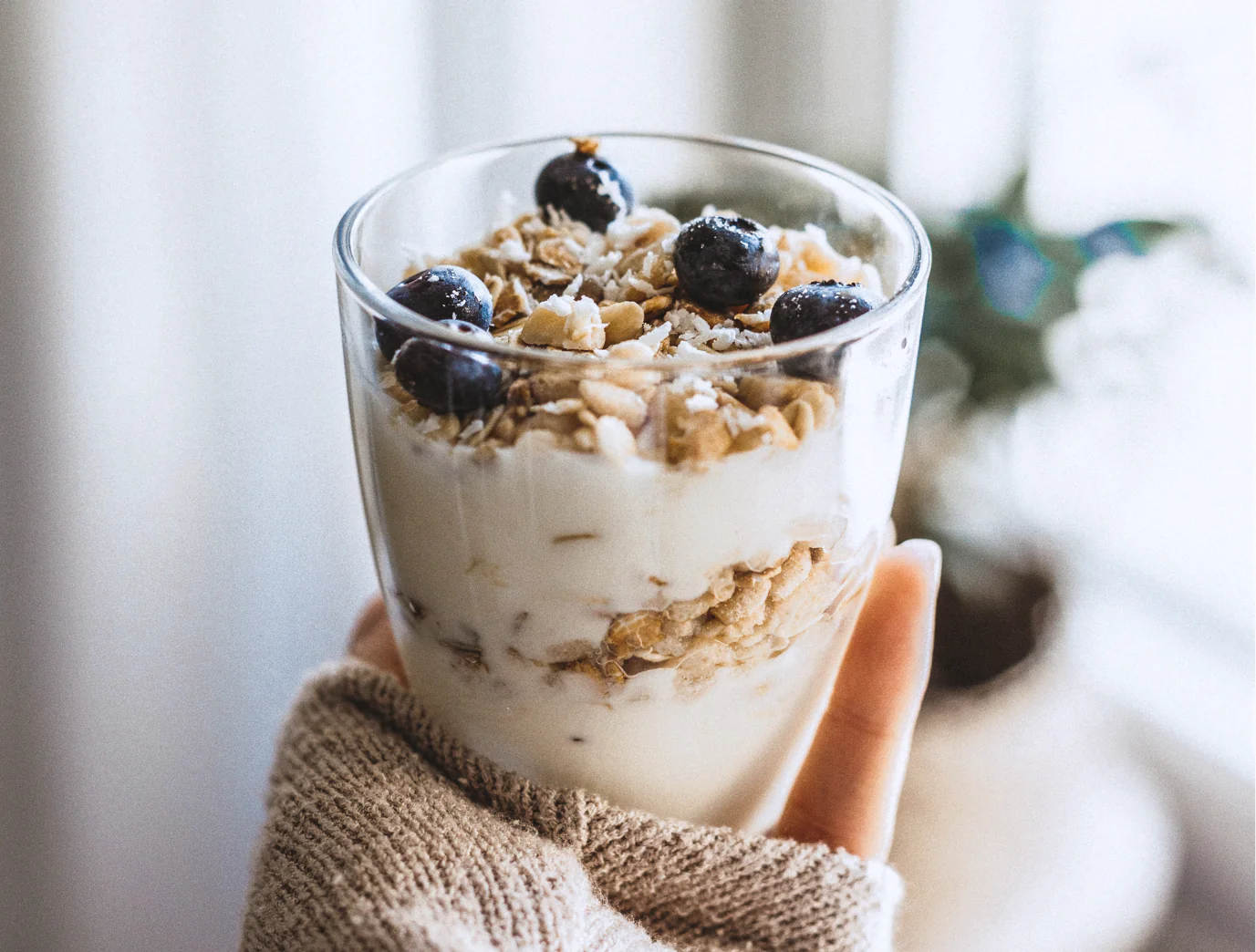Highlights
- At least some form of fermented foods has been consumed by nearly every culture world-wide.
- Fermented foods can boost your health and potentially extend your lifespan.
- Unveil a range of anti-ageing benefits linked to fermented foods, from improved gut health to enhanced mood and cognitive health.
In this article
Free guide to reverse your biological age

- Master the science of rejuvenation.
- Apply proven tips to turn back the clock.
- Transform your health with top longevity specialists.
What are fermented foods?
Fermented foods and drinks were amongst the first ‘’processed foods’’ consumed by humans.
Foods like yoghurt, cultured milk, wine, sauerkraut, kimchi, achar were initially valued for their enhanced shelf life, safety, as well as their flavour, smell, colour, or even texture.
Recent studies have also shown the diverse nutritional and functional benefits of those fermented foods, due to the bioactive or bioavailable end-products.
Fermented foods usually contain living microorganisms, some of which are genetically similar to those strains present in probiotics. Note that probiotics differ from prebiotics. Learn the difference here.
These functional microbes are being studied for their antibacterial, antioxidant, probiotics, and peptide formation properties– thereby modulating our ageing pathways and boosting longevity.

Why are fermented foods good for you?
Growing evidence suggests that fermented foods can change the metabolic activities in your gut, acquire new characteristics, and increase benefit in age-related changes.
Your gut microbiota and brain constantly talk to each other, and regulate behaviour via your ‘’microbiota-gut-brain’’ axis in your body.
Several benefits linked with fermented foods in anti-ageing and longevity have been reported.
These include preventing allergic reactions, gastrointestinal disorders, diabetes, heart disease, cancer obesity, as well as improving metabolic function and neuroendocrine effects.
Could the ultimate way for longevity be obtained by healthy lifestyle habits that comprise a healthy diet that includes daily fermented foods?

Our microbiota is the result of a long co-evolutionary process, with a complex, mostly symbiotic relationship established (digestive aid, vitamin synthesis, pathogen protection in exchange for stable environment and nutrients)
Traditional fermented foods
Traditional food fermentations are simple. They have been consumed since the beginning of civilisations. They usually only require a few ingredients and minimal preparation and processing.
Difference in temperature, salinity, or moisture result in different food-microbe combinations. That’s how we have thousands of different fermented foods. All with distinct, yet stable microbial ecosystems.
Despite their long history across different cultures, popularity, and culinary importance, the acceleration and industrialisation of food production over the past century has reduced the diversity of fermented foods, particularly in the West.
In some foods, minute changes can cause changes in species diversity or numbers. Reliable fermentation processes are needed for the mix of microbes to stay stable over time and place– a prerequisite for high-quality foods with optimum benefits.
Examples of fermented foods
| Type of food | Fermented product | Main ingredients |
| Fruit | wine | pressed grapes |
| chocolate | cacao pods | |
| coffee | coffee cherries | |
| Dairy | yoghurt | milk |
| cheese | milk, salt | |
| kefir | milk | |
| Grains | beer | barley, hops, water |
| sake, soy sauce, miso | rice, water (soybeans added for soy sauce and miso) | |
| sourdough | wheat flour, water | |
| Meat | salami | ground meat, salt |
| Plants | kimchi | cabbage, spices, salt |
| sauerkraut | cabbage, salt | |
| kombucha | tea, sugar |
Experience Avea’s next-gen probiotic supplement

- 4x probiotic survival: Advanced Duocap® technology
- Targeted gut-brain support: Panax Ginseng, 10 strains (30Bn CFUs), Vitamin B6 & B12
- Backed by science: 1000+ studies
Avea’s solution: Revolutionising probiotics delivery
We partnered with Nordic Biotic, a renowned Danish leader in probiotic research. With patent-deposited strains validated through in vitro and clinical studies, Nordic Biotic ensures our 10 strains synergise for optimal gut health.
Their rigorous scientific approach guarantees efficacy and safety, providing a solid foundation for enhancing overall well-being.
How does fermentation work?
During fermentation, the enzymatic and metabolic activities of microorganisms induce transformative effects on food substrates. In a nutshell, they improve the nutritional and bioactive content of food, yielding products with enhanced health benefits.
Take dairy for example. Bacteria break down lactose, making cheese and yoghurt easier to digest for those with lactose intolerance. This process is so effective that specific yoghurt cultures have been officially recognised for improving lactose digestion.
Fermentation also increases the presence of beneficial compounds like conjugated linoleic acid and bioactive peptides, which have protective and health-promoting effects, including lowering blood pressure and boosting immune function.
In plant-based foods, fermentation activates enzymes that convert natural compounds into more potent forms, helping in antioxidant defence and reducing anti-nutritional factors like phytic acid.
This not only improves the nutritional quality of foods but also their safety and digestibility, making fermented products like sourdough bread more tolerable for those with digestive sensitivities.
Benefits of fermented foods

Fermented foods come with benefits beyond simple nutrition, all thanks to the gut friendly microbes.
Firstly, the production of antimicrobial substances such as organic acids, ethanol, and bacteriocins naturally decreases the likelihood of microbial contamination in fermented foods.
And let’s be honest. Fermented foods bring in more distinctive, stronger flavours, smells, and textures, far beyond the original raw materials.
Fermentation is also key to making some foods, like olives, edible by getting rid of bitter flavours. It’s also what makes bread dough rise, thanks to yeast and bacteria doing their work.
But more importantly, fermented foods have several health benefits which are continuously being studied. Here’s why you should be eating fermented foods daily:
- Weight maintenance: Links have been established between the consumption of fermented dairy and healthier weight management.
- Reduced disease risk: Studies have shown that regular consumption of yoghurt is associated with a decreased risk of cardiovascular disease, type 2 diabetes, and lower mortality rates.
- Improved glucose metabolism: Fermented milk has been noted for its ability to enhance glucose metabolism and alleviate muscle soreness following physical exertion.
- Anti-diabetic and anti-obesity effects: Foods like kimchi demonstrate promising anti-diabetic and weight loss benefits.
- Immune system support: Potential benefits for managing autoimmune conditions such as inflammatory bowel disease, arthritis, and sclerosis are under investigation.
- Mood and brain health: Emerging research suggests that fermented foods could positively influence mood and cognitive function.
Understand the science behind Avea’s Biomind
- Gut-mind axis: Discover how Biomind supports this crucial connection.
- Innovative technology: Learn about the advanced Duocap® that enhances probiotic survival up to 4x.
- Proven formulation: Understand the benefits of Panax Ginseng, 10 probiotic strains, and essential Vitamins B6 & B12.
How to ferment foods at home?
Salt is the cornerstone of lacto-fermentation, as it creates an environment where lactic acid bacteria thrive.
This process draws water out of ingredients, allowing these beneficial bacteria to transform sugars into lactic acid, preserving the food by preventing harmful bacteria growth.
Salt also enhances the unique flavours and textures associated with pickled foods. Mustard can be used to complement salt in fermentation, speeding up the process and adding depth to the flavour.
This technique is particularly useful for revitalising overripe or tough vegetables, such as white radish, turning them into probiotic-rich pickles reminiscent of traditional recipes passed down through generations.
In North India, a mix of seasonal vegetables like carrot, cauliflower, and turnip is pickled with mustard to produce a distinctive winter pickle with a short shelf life.
At its core, lacto-fermentation is a simple, time-honoured method used worldwide to produce a variety of pickles, from kimchi to sauerkraut to nimbu ka achaar.
These can be brine or water-based, with longevity extended by adding oil, demonstrating the diverse practices and cultural significance of fermented foods.
Use University of Michigan’s guide to make your own fermented foods.
Fermented foods and gut health
Fermented foods like sauerkraut, kimchi, kefir, and yoghurt are rich in live microbes, containing millions to billions of viable cells per gram or millilitre. They contain the same (or similar) species of bacteria, known to boost the health of the gastrointestinal (GI) tract.
These gut-friendly bacteria can survive the journey through your digestive system, significantly increasing the diversity of microbes in your diet—potentially by up to 10,000 times.
This influx of new, though temporary, microbes into your gut microbiota contrasts sharply with the microbe-limited, highly processed foods typical of Western diets.
According to the hygiene hypothesis, regular exposure to a variety of microbes is essential for the healthy development of our immune and neural systems.
Consuming fermented foods may offer a way to counteract the sanitised, microbe-poor Western lifestyle, promoting a more diverse and healthy gut microbiota.
Besides, the matrix of fermented foods not only supports the survival of these organisms during storage and distribution but also enhances the delivery of probiotics, especially beneficial in low-income countries.
Studies have shown that the health benefits of certain probiotic strains can be amplified when delivered in a nutritious matrix, such as milk, which may reduce inflammatory responses more effectively than when delivered in a non-nutritive buffer.
Discover 20 foods you need to improve your gut health.
Fermented foods and probiotics
Live microbes from fermented foods act as probiotics. These can interact with the cells lining your intestine, immune system, and hormone-producing enteroendocrine cells in ways that resemble the effects of known probiotic strains.
Basically, these fermentation-derived microbes modify your gut environment through nutrient production, competition with harmful microbes, or influencing your own cells.
Those interactions, however, depend on personal diet, environment, and native microbiota of the person.
Whilst humans share 99.9% of DNA with each other, our microbiome differs by 80-90%. One can say we actually differ by microbiome, rather than genome.
Key takeaway
Fermentation foods are associated with health benefits like anti-hypertensive, anti-inflammatory, anti-diabetic, anti-carcinogenic, and anti-allergenic activities.
All thanks to the microorganisms present in the fermented foods, as well as their metabolic activities and bio-transformations that take place during the fermentation process.
Fermented foods seem to hold promise to delay the ageing process and increase well-being and lifespan. They are being researched for their immune-boosting properties and elevated production of bioactive compounds.
















